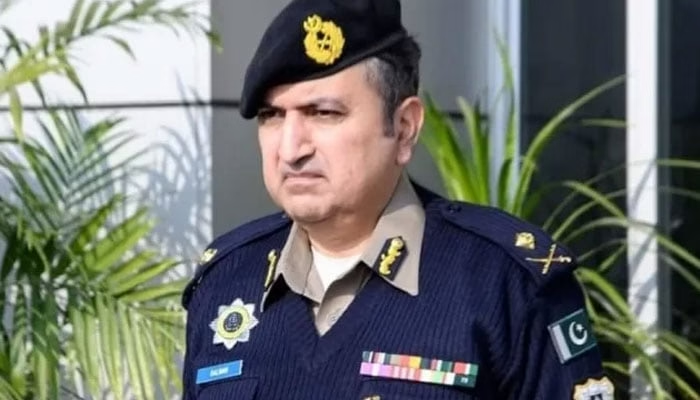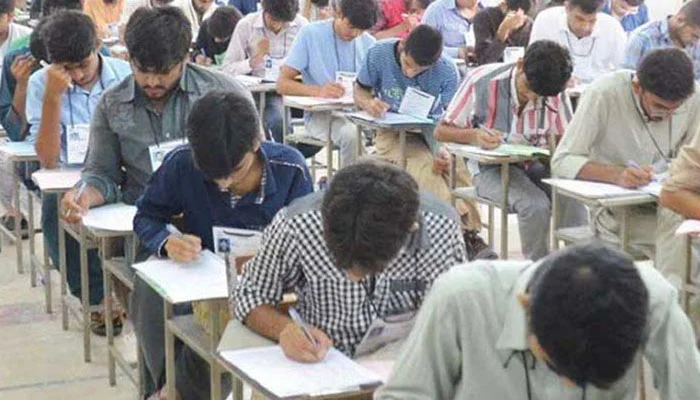The Anti-Terrorism Court in Lahore has reserved its decision regarding the interim bail application of Pakistan Tehreek-e-Insaf (PTI) founder chairman Imran Khan. The court’s proceedings centered around the cases concerning incidents at Jinnah House, Askari Tower, and the Shadman police station.
Court Proceedings
The hearing, which attracted significant public and media attention, was marked by intense arguments from both sides. The government’s lawyer informed the court that the superintendent of Adiala Jail had sent a message confirming that Imran Khan was currently in custody at his facility. In response, the presiding judge suggested that Imran Khan could appear via video link for the bail hearing but emphasized the need for direct scrutiny of the PTI founder.
Defense Argument
Representing Imran Khan, Barrister Salman Safdar argued that the High Court’s previous orders should guide the current proceedings. He presented a printed copy of the jail superintendent’s message to the judge, who accepted it as part of the official record.
Barrister Safdar raised a critical point, questioning the legitimacy of the cases filed against Imran Khan. He pointed out that the alleged crimes occurred while Khan was already in custody, making it seemingly impossible for him to have committed the offenses. This argument appeared to resonate with the judge, who acknowledged the strength of the defense’s contention.
Hunger Strike
Adding to the gravity of the situation, Barrister Safdar conveyed Imran Khan’s distressing state. He mentioned that Khan had expressed his intention to go on a hunger strike as a means to compel the courts to deliver justice. This revelation underscored the urgency and emotional weight of the legal battle facing the PTI chairman.
Reserved Verdict
After hearing arguments from both sides, the Anti-Terrorism Court decided to reserve its verdict on Imran Khan’s interim bail plea. The decision is scheduled to be announced on July 9, a date eagerly anticipated by Khan’s supporters and political observers alike.
Background of the Cases
The charges against Imran Khan relate to alleged incidents at several prominent locations:
- Jinnah House Incident: This case involves accusations related to events that purportedly took place at Jinnah House, a significant and symbolic location in Pakistan.
- Askari Tower Incident: Similarly, the Askari Tower case involves alleged criminal activities linked to the PTI chairman.
- Shadman Police Station Incident: This case adds another layer of complexity, involving allegations tied to an incident at the Shadman police station.
Imran Khan’s legal team argues that all these incidents occurred during a period when he was in custody, questioning the feasibility of the allegations.
Public and Political Implications
The legal troubles of Imran Khan, a central figure in Pakistani politics, have far-reaching implications. His leadership and influence within PTI make these proceedings not just a matter of legal interest but also a focal point of national political discourse. The outcome of this case could significantly impact the political landscape in Pakistan.
Khan’s supporters view the charges as politically motivated, aimed at undermining his leadership and diminishing his party’s influence. Conversely, his detractors argue that the legal proceedings are a necessary measure to address alleged misconduct.
The Lahore Anti-Terrorism Court’s reserved decision on Imran Khan’s interim bail application is a pivotal moment in the ongoing legal saga surrounding the PTI chairman. As the nation awaits the verdict on July 9, the case continues to captivate public attention, symbolizing the intense and often contentious intersection of law and politics in Pakistan. The court’s ruling will not only determine Khan’s immediate legal fate but also potentially shape the broader political dynamics in the country.



